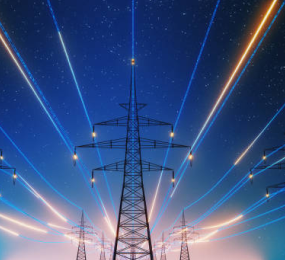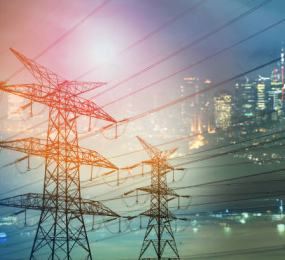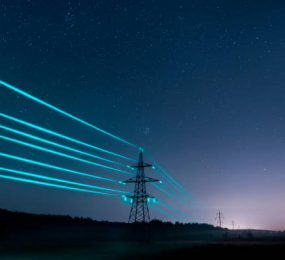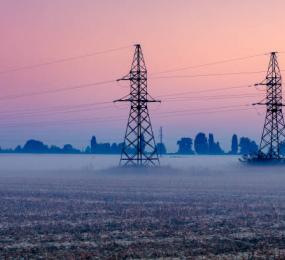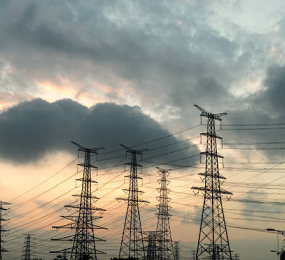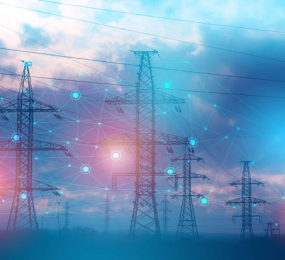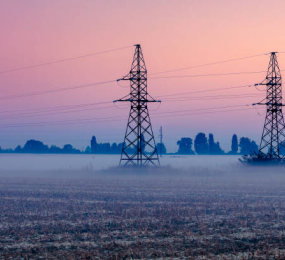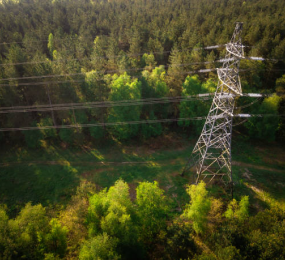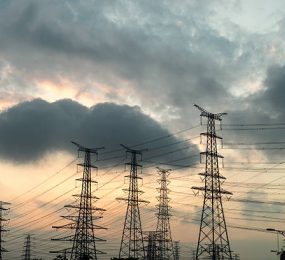The Impact of Digitalization on Renewable Energy Integration
The global energy transition, driven by the imperative to decarbonize, is heavily reliant on the seamless integration of renewable energy sources into existing grids. This complex task is being revolutionized by digitalization, which provides the essential tools and intelligence to manage the inherent variability of renewables like solar and wind power. Digital technologies are transforming grid operations, enabling greater efficiency, stability, and resilience in a clean energy future.
One of the most significant impacts of digitalization is enhanced grid visibility and control. Smart sensors, IoT devices, and advanced metering infrastructure (AMI) collect vast amounts of real-time data from across the energy network, from individual solar panels to large wind farms. This data, analyzed by artificial intelligence (AI) and machine learning algorithms, provides grid operators with unprecedented insights into energy generation, consumption patterns, and potential imbalances. This granular visibility allows for more precise forecasting of renewable output and demand, enabling proactive adjustments to maintain grid stability.
Furthermore, digitalization facilitates dynamic load balancing and optimized energy flow. With renewable energy sources often being intermittent, balancing supply and demand becomes a continuous challenge. Digital platforms enable automated demand-response programs, where energy consumption can be dynamically adjusted based on grid conditions. Smart inverters manage two-way power flows, allowing distributed energy resources (DERs) like rooftop solar and battery storage to actively participate in grid management. This intelligent orchestration minimizes curtailment of renewable energy and optimizes the utilization of generated power.
In essence, digitalization is transforming traditional, one-way grids into intelligent, bidirectional "smart grids" capable of accommodating high penetrations of renewables. It addresses critical challenges such as grid stability, reliability, and efficiency, ultimately accelerating the transition to a sustainable energy system. By embracing digital innovations, the renewable energy sector is paving the way for a more flexible, robust, and clean energy future.
Visit our website to know more: https://www.leadventgrp.com/events/2nd-annual-power-grid-digitalization-and-automation-forum/details
For more information and group participation, contact us: [email protected]
Leadvent Group - Industry Leading Events for Business Leaders!


